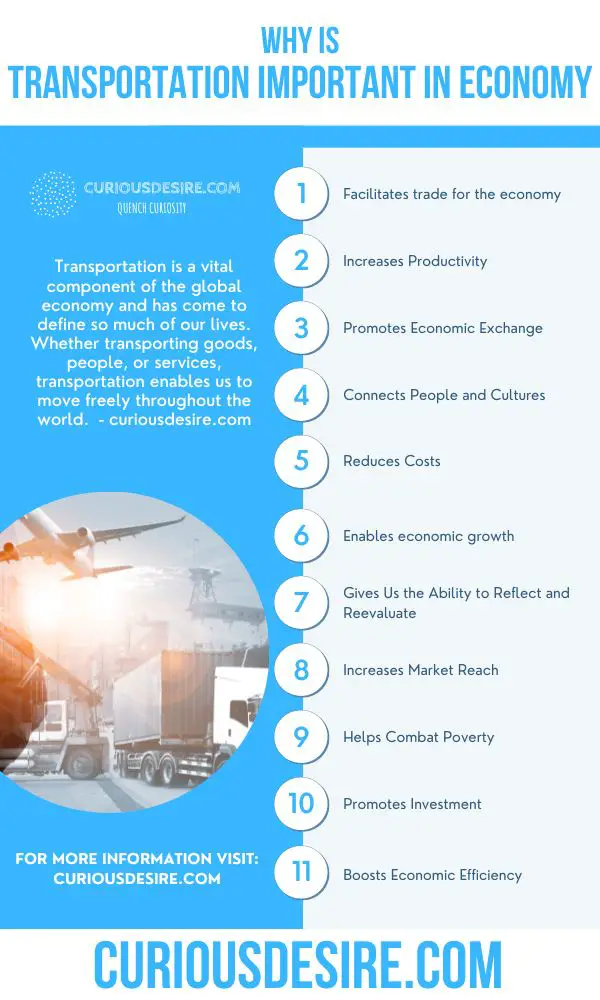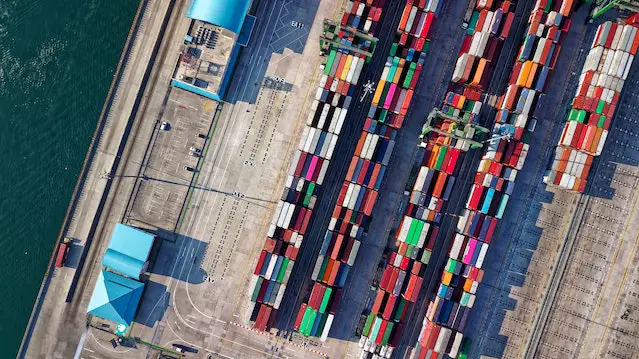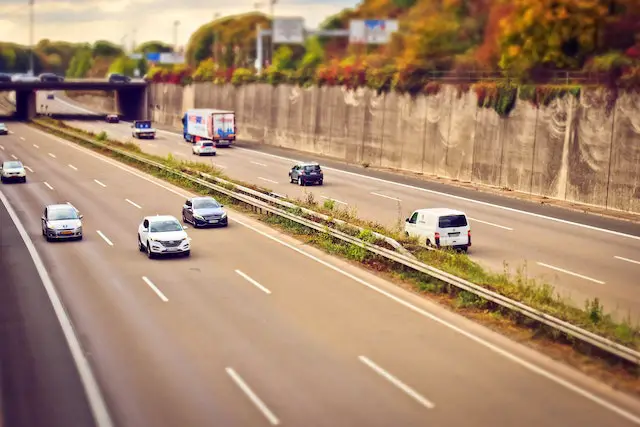Transportation is a vital component of the global economy and has come to define so much of our lives. Whether transporting goods, people, or services, transportation enables us to move freely throughout the world. It is the backbone of businesses, connecting customers to goods and services. In this article, we will discuss the importance of transportation in economy.
15 Benefits of Transportation in Economy
Transportation is critical for the movement of goods and services, and it is essential for any economy to be able to support its businesses. Here are 15 reasons why transportation is important for the economy:
1. Transportation Facilitates trade for the economy
By providing a reliable means of transporting goods and services, transportation makes it easier for businesses to move their products between countries, allowing them to reach more global markets.
Through transportation, businesses are able to easily export their products and services to other countries. This allows them to increase their profits and expand their customer base in a cost-effective manner.

2. Transportation Increases Productivity
Transportation makes it possible for goods and services to reach customers quicker and more efficiently. By streamlining the delivery process, companies can reduce their costs and improve their overall efficiency.
This increased productivity enables businesses to produce more in a shorter amount of time, increasing their profits and providing them with more resources for growth and expansion.
3. Transportation Promotes Economic Exchange
Transportation allows goods to move between countries quickly, allowing for the exchange of products and services. This promotes economic growth by creating jobs, developing new markets and stimulating demand for products.
The exchange of goods also creates a more competitive market, as businesses must compete to offer better prices and higher-quality products.
4. Transportation Connects People and Cultures
Transportation makes it easier for people to stay connected with their families, friends, and colleagues in other parts of the world. It also makes it possible for people to explore different cultures by visiting new places and experiencing different lifestyles.
Travelling can open up a whole range of opportunities, whether it be educational or professional, which contributes to a more connected global economy.
5. Transportation Reduces Costs
Transportation makes it more cost-effective to move goods around the world. By reducing costs, businesses can pass on the savings to their customers and increase their profits. This helps maintain low prices for products and services, making them more affordable for consumers.
It also reduces the cost of living, as consumers have access to cheaper goods and services. This provides more financial security for households and helps boost economic activity.
6. Transportation Enables Economic Growth
Transportation opens up new markets and allows businesses to expand, creating new job opportunities and stimulating economic growth. This also encourages innovation, as businesses must compete to offer better products and services.

With a well-developed transportation system, countries can easily access global markets and new technologies, allowing them to become more competitive in the global economy.
7. Transportation Increases Market Reach
Transportation allows businesses to reach new markets, extending their customer base and allowing them to tap into new sources of revenue. It also makes it easier for companies to launch new products and services, enabling them to stay competitive in the global marketplace.
Through transportation, businesses can access new markets and customer segments, increasing their market share and keeping up with the ever-changing demands of the global economy.
8. Transportation Helps Combat Poverty
By facilitating the exchange of goods and services between countries, transportation can help alleviate poverty by creating jobs and improving the quality of life for people living in developing countries.
For example, transportation can enable farmers to access larger markets, enabling them to increase their profits and get out of poverty. It can also provide rural areas with access to healthcare, education and other services that help reduce poverty levels.
9. Transportation Promotes Investment
Transportation makes it easier for businesses to invest in new markets. By providing reliable means of transporting their products and services, companies can access new customers and tap into fresh sources of revenue.
Investing in transportation infrastructure can also attract foreign investment, as it makes it easier for international businesses to operate in a region. This helps create jobs and stimulate economic growth in the area.
10. It Enhances the GDP
The GDP (Gross Domestic Product) of a nation is an important indicator of its economic health. Transportation can help enhance the GDP by enabling businesses to increase their profits and access new markets.
This, in turn, increases tax revenues for the government, which helps create jobs, improve infrastructure and provide essential services to citizens.
11. Transportation Boosts Economic Efficiency
Transportation improves economic efficiency by making it easier for businesses to move goods and services around the world. By reducing costs, businesses can pass on the savings to their customers while still enjoying healthy profits. This helps create a more competitive market, allowing businesses to remain profitable while offering lower prices.
In addition, transportation can reduce the amount of time it takes to move goods from one place to another, allowing businesses to cut down on their inventories and improve their cash flow.

12. Transportation Enhances Quality of Life
Transportation makes it easier for people to access goods and services, giving them more choices and enhancing their quality of life. It enables them to access essential services, such as healthcare and education, which can help reduce poverty levels and increase overall well-being.
Similarly, for instance, transportation can make it easier for people to find employment opportunities in other cities or countries.
It also makes it easier for businesses to provide essential services such as healthcare and education to rural areas. This helps reduce poverty levels and improve living standards.
13. Transportation Reduces the Cost of Living
By making it easier for businesses to access global markets, transportation can reduce the cost of living. This is because businesses can purchase goods and services from other countries at a cheaper rate than what’s available locally. This helps people save money on everyday expenses, allowing them to have more disposable income for other needs.
In addition, transportation can also reduce the cost of travelling and commuting, making it easier for people to access essential services and enjoy leisure activities. This helps improve their quality of life overall.
14. Transportation Improves Accessibility
Transportation makes it easier for people to access essential services, such as healthcare and education. It can also improve accessibility to markets, allowing businesses to expand their customer base and increase profits.
For example, transportation can help rural communities access products and services that would otherwise be out of reach due to geographical limitations. This helps reduce poverty levels and improve economic opportunities in the region.
15. Transportation Increases Global Trade
Transportation enables businesses to access new markets around the world, increasing global trade and economic growth. This helps create jobs and stimulate economic activity in both the exporting and importing countries.
It also makes it easier for companies to source materials and components from abroad, reducing production costs and allowing them to remain competitive in the global market. In turn, this can help boost economic growth and raise living standards in both countries.
Conclusion
Transportation plays an important role in economic development, helping to reduce poverty levels and increase access to essential services. It also helps make goods and services more affordable, boosts trade and improves the quality of life for people around the world.
Overall, transportation has a positive impact on the global economy by making it easier for businesses to expand their markets, access new resources and remain competitive in the global marketplace. This helps create more jobs and improve living standards for people around the world.